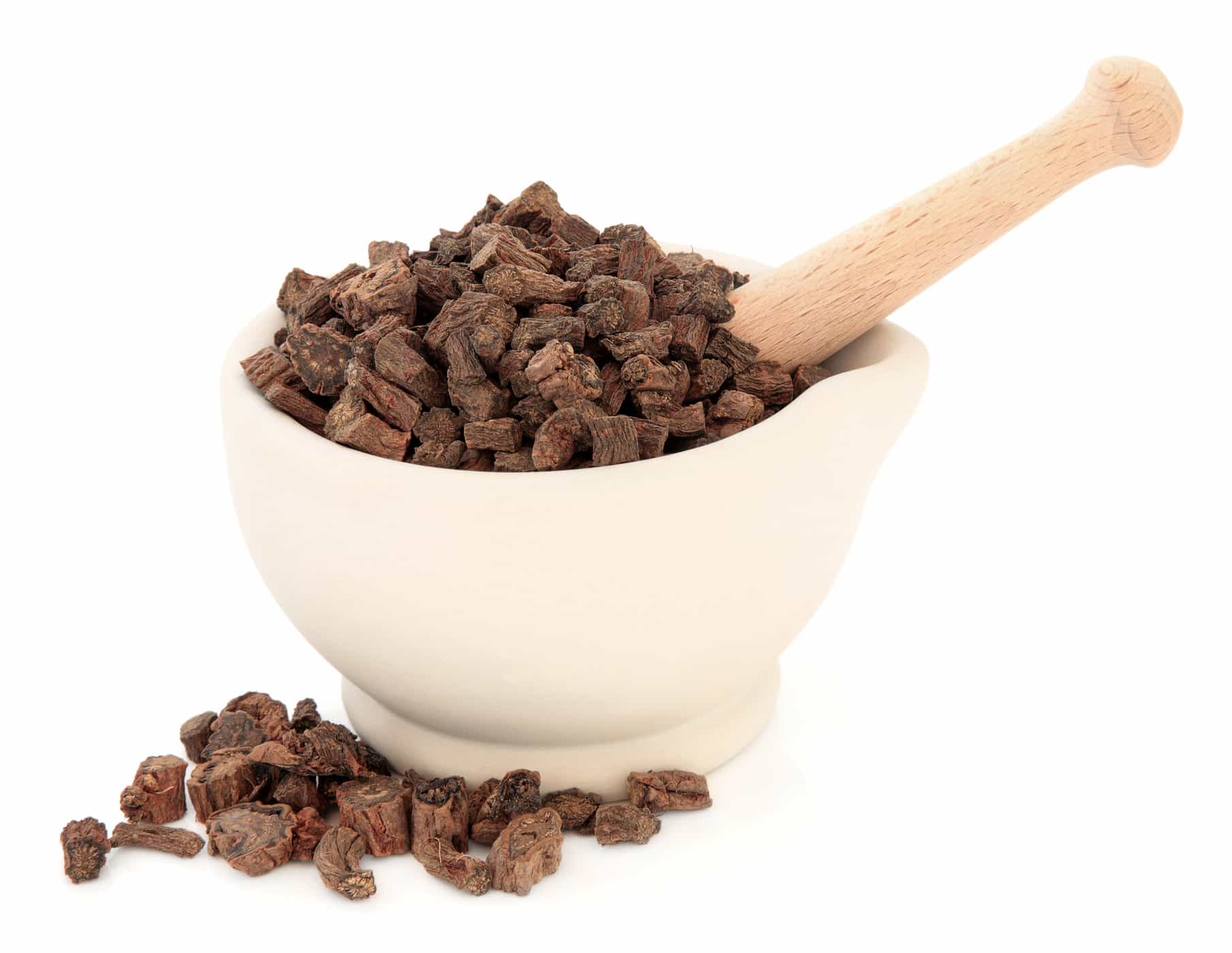Contents:
- Medical Video: Smoking Causes Cancer, Heart Disease, Emphysema
- Rheumatism often recurs and is difficult to heal, a danger sign that smoking is often missed
- Smoking worsens symptoms and makes rheumatism difficult to cure
- Yuk, start quitting smoking to prevent rheumatism from recurring
Medical Video: Smoking Causes Cancer, Heart Disease, Emphysema
Rheumatism or rheumatoid arthritis is a chronic inflammation that attacks the joints of the limbs. Rheumatic symptoms are generally characterized by pain, swelling, or stiffness in the joints of the hands and / or feet. Rheumatism is caused by the body's immune system which invades healthy joint cells. But if you are an active smoker who also has rheumatism, you should try to stop smoking. Because the symptoms of relapsing rheumatism can be one of the dangers of smoking which is often not realized.
Rheumatism often recurs and is difficult to heal, a danger sign that smoking is often missed
If you have arthritis, that means your immune system has a disorder. Even though the symptoms can disappear and reappear, rheumatism can continue to grow worse, it can't even disappear, especially if you are still hardworking smoke. The danger of smoking for rheumatic symptoms in exacerbating your rheumatism can be reflected in several ways.
First, the chemicals in cigarette smoke that you breathe can cause inflammation in the body that triggers rheumatic symptoms. The nature of cigarettes that trigger irritation and inflammation ultimately makes people who already have rheumatism experience worse symptoms than non-smoking rheumatic patients. One study even reported that people who had been active smokers for 10 years had a higher risk of developing rheumatism than non-smokers.
The danger of smoking can also reduce the effectiveness of rheumatic drugs. The reason is that the inflammation process will continue to occur continuously when you continue to smoke, so that the drug substances will no longer work to fight the inflammation. As a result, rheumatic symptoms become more difficult to subside even after taking medication.
Smoking worsens symptoms and makes rheumatism difficult to cure
Active smokers also tend to have difficulties in physical activity because they are obstructed by the ability of the heart and lungs to deteriorate sharply. In fact, physical activity and moderate exercise are key to treating rheumatic symptoms in addition to using drugs.
For some people, smoking is even used as a diversion from pain caused by rheumatic diseases. The effect of smoking may be able to inhibit the work of the nerves, causing a temporary sensation. But on the other hand, the effects of inflammation will continue to occur and cause damage continuously. So without realizing it, smoking which was intended to relieve the symptoms of rheumatism would actually further reduce the strength of the joints of the body.
In addition, symptoms of rheumatism that are already developing badly need to be operated on. Smoking increases the risk of complications from these efforts because it interferes with anesthesia, drug metabolism, heart rate, breathing and blood pressure. Non-smokers in the field have a rheumatic recovery process that is much better than active smokers.
Yuk, start quitting smoking to prevent rheumatism from recurring
Joint inflammation due to rheumatism can affect long-term damage and cannot be restored, especially if it is already severe.
Therefore, stopping inflammation by consuming drugs and a healthy and active lifestyle to prevent joint damage will be even more beneficial if supported by efforts to stop smoking.
Quitting smoking is not only useful to relieve rheumatic symptoms, but is a risk factor for other chronic inflammation. Quitting smoking can also reduce the risk of other diseases associated with chronic inflammation such as cancer, stroke, cardiovascular disease, and bone and muscle damage. Moreover, the nature of autoimmune diseases such as rheumatism can also trigger acceleration of blood vessel damage such as atherosclerosis because inflammation occurs continuously.












